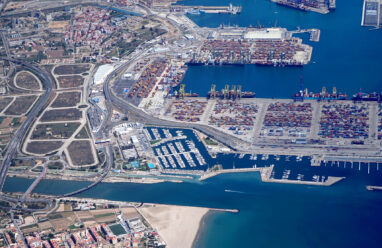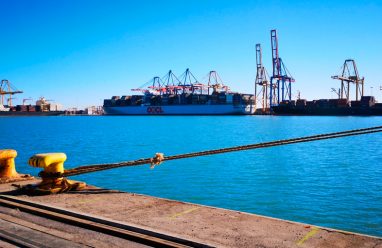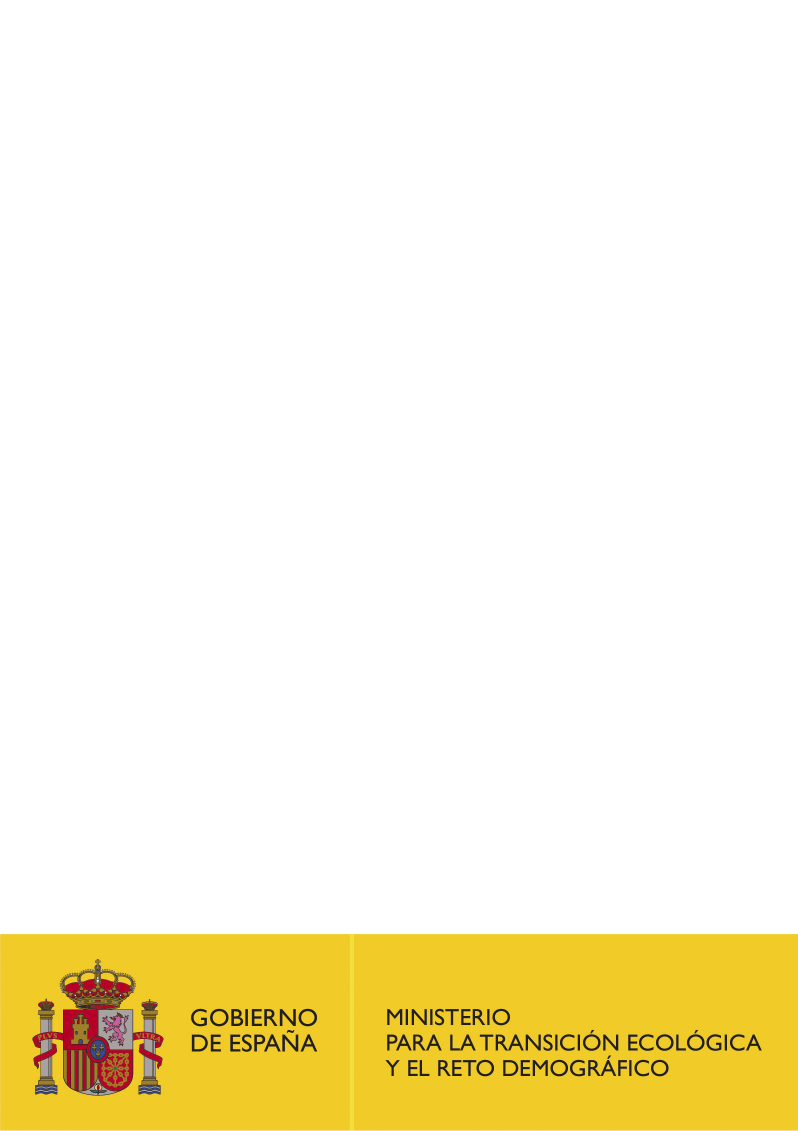The main objective is to provide information on climate-related risks to improve planning and operation in adapting to climate change.
CRISI-ADAPT II aims to monitor and improve the adaptation planning through a real-time implementation and validation according to near and seasonal range forecast of climate risks. Therefore, the specific objectives are:ough a real-time implementation and validation according to near and seasonal range forecast of climate risks. Therefore, the specific objectives are:
- Identify climate-related problems in strategic sectors and critical infrastructures.
- Collect and provide information on climate projections (from the decade to the century) and forecasts of extreme events over increasingly close time horizons (from short-term to seasonal forecasts).
- Identification of promising tools and novel models to be used to estimate climate-related impacts.
- Holistic analysis of the expected climate impacts, taking into account the interrelations that the different vulnerable elements have with each other.
- Standardization of climate analysis criteria to facilitate their usefulness and understanding.
- Validation of the assessment and operations to face climate-related impacts.
- Increase in the resilience of the selected sectors to the expected impacts.
The challenge of the resilience to climate-related risks is demanded for increasingly closer time horizons and information on potential impacts modelled from near-term climate forecast is important to support and validate adaptation planning under the main related natural disasters.
Therefore, identified available tools and data will be expanded, integrated and transparently used to support the adaptation and risk reduction activities planned by city governments, modellers, investors and different stakeholders that will be involved from the start of the project to ensure that project achieve its goals.
Crisi-Adapt II has four demonstrations: (1) Andalusia, (2) Valencia port, (3) Malta and (4) Lakatamia. However, results and tools developed in these demonstrations will be replicated and implemented in other eight areas called Receiving Regions and which are distributed throughout the Iberian Peninsula, Emilia-Romagna and Cyprus: Lisbon, Sado River, Madrid beekeeping, Valencia agriculture, Castelldefels, Badalona, Conselice and Ypsonas.
The project team is a large set of 26 entities including 15 challenge owners and 11 partners. The consortium, led by the Climate Research Foundation (Fundación para la Investigación del Clima), is completed by other seven EIT Climate-KIC partners: Fundación Valenciaport, Aquatec, Facultade de Ciências e Tecnologia-UNL (FCT-NOVA), Cyprus University of Technology, Cyprus Energy Agency, Nomisma Energia and Paragon Europe, and by three co-designer entities (MeteoGrid, Universidad Autónoma de Madrid and Compañía General de Soporte a la Ingeniería).






